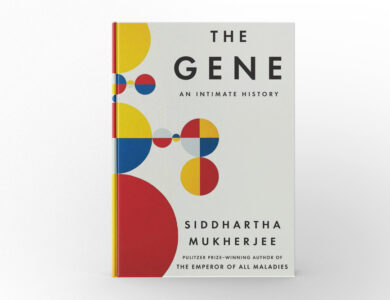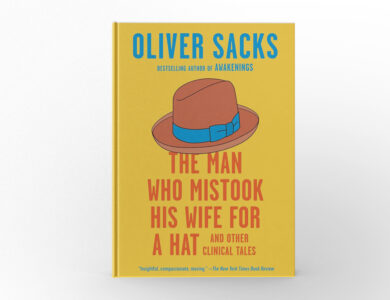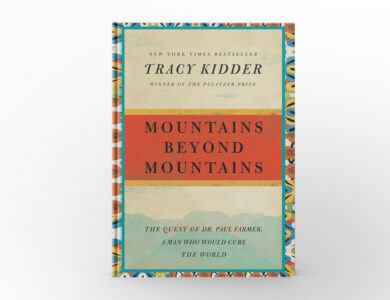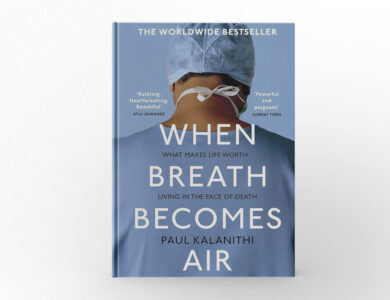Being Mortal by Atul Gawande
Embracing Mortality: A Review of “Being Mortal” by Atul Gawande
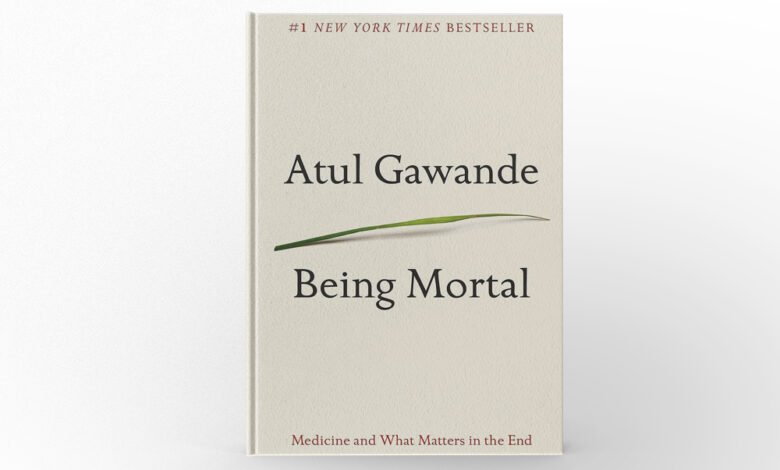
“Being Mortal” by Atul Gawande is a profound exploration of aging, death, and the medical profession’s role in these inevitable aspects of life. This book challenges the conventional approaches to end-of-life care and advocates for a more humane and compassionate perspective.
Author’s Background
Atul Gawande is a renowned surgeon, writer, and public health researcher. Born in Brooklyn, New York, and raised in Athens, Ohio, Gawande has an impressive academic background, including degrees from Stanford University, Harvard Medical School, and the Harvard School of Public Health. He is a staff writer for The New Yorker and has authored several influential books on medicine and public health. Gawande’s unique blend of clinical experience and literary talent makes him an authoritative voice on the subject of mortality.
In Depth Summary
“Being Mortal” begins with Gawande’s reflections on the limitations of modern medicine in addressing the realities of aging and death. He shares personal anecdotes and case studies that illustrate the often impersonal and aggressive treatments patients receive at the end of their lives. Gawande argues that the medical profession’s focus on prolonging life at all costs can lead to unnecessary suffering and a diminished quality of life.
The book delves into the history of elder care, tracing the evolution of nursing homes and assisted living facilities. Gawande highlights the shortcomings of these institutions and the need for a more person-centered approach. He introduces readers to pioneers in the field who have developed innovative models of care that prioritize the dignity and autonomy of the elderly.
One of the most compelling sections of the book is Gawande’s exploration of hospice care. He describes the philosophy of hospice, which emphasizes comfort and quality of life rather than aggressive treatments. Through moving stories of patients and their families, Gawande illustrates the profound impact that hospice care can have on the end-of-life experience.
Gawande also shares his personal journey as a doctor grappling with the realities of mortality. He recounts his father’s battle with cancer and the difficult decisions his family faced. These intimate reflections add depth and authenticity to the narrative, making it clear that Gawande’s insights are grounded in both professional expertise and personal experience.
Themes and Insights
“Being Mortal” addresses several critical themes. One of the central themes is the tension between prolonging life and ensuring quality of life. Gawande argues that the medical profession often prioritizes life extension over the well-being of patients, leading to treatments that may not align with patients’ values and desires.
Another significant theme is the importance of communication and shared decision-making in healthcare. Gawande emphasizes the need for doctors to have honest and compassionate conversations with patients about their goals and preferences. He advocates for a shift from a paternalistic model of care to one that respects patients’ autonomy and empowers them to make informed choices.
The book also explores the concept of a “good death.” Gawande challenges readers to rethink what it means to die well and to consider how they can support their loved ones in achieving a peaceful and dignified end-of-life experience.
Personal Reflections
Reading “Being Mortal” is a deeply moving and thought-provoking experience. Gawande’s eloquent writing and compassionate perspective make the reader feel intimately connected to the stories he shares. The book prompts readers to reflect on their own beliefs and attitudes toward aging, death, and the medical profession.
Gawande’s personal reflections on his father’s illness are particularly poignant. His honesty about the emotional and ethical challenges he faced as both a son and a doctor adds a layer of vulnerability and authenticity to the narrative. These reflections resonate deeply, reminding readers of the universal nature of the experiences Gawande describes.
Recommendation
“Being Mortal” is an essential read for anyone interested in healthcare, aging, or end-of-life issues. Gawande’s insightful analysis and compassionate storytelling make the book both informative and deeply moving. It is a powerful call to action for healthcare professionals, patients, and families to rethink their approach to aging and end-of-life care.
Impact and Legacy
The impact of “Being Mortal” has been profound. The book has sparked important conversations about end-of-life care and has influenced healthcare policies and practices. Gawande’s advocacy for a more humane and person-centered approach to aging and death has resonated with readers worldwide.
“Being Mortal” has also inspired many healthcare professionals to adopt more compassionate and patient-centered practices. The book’s emphasis on communication and shared decision-making has led to changes in how doctors and patients approach end-of-life care. Gawande’s work continues to shape the discourse on mortality and the role of medicine in addressing it.
Conclusion
“Being Mortal” is more than just a book; it is a transformative exploration of what it means to live and die with dignity. Atul Gawande’s masterful storytelling and profound insights challenge readers to reconsider their beliefs about aging, death, and the medical profession. This review of “Being Mortal” highlights the enduring impact of Gawande’s work and the powerful lessons it imparts.

